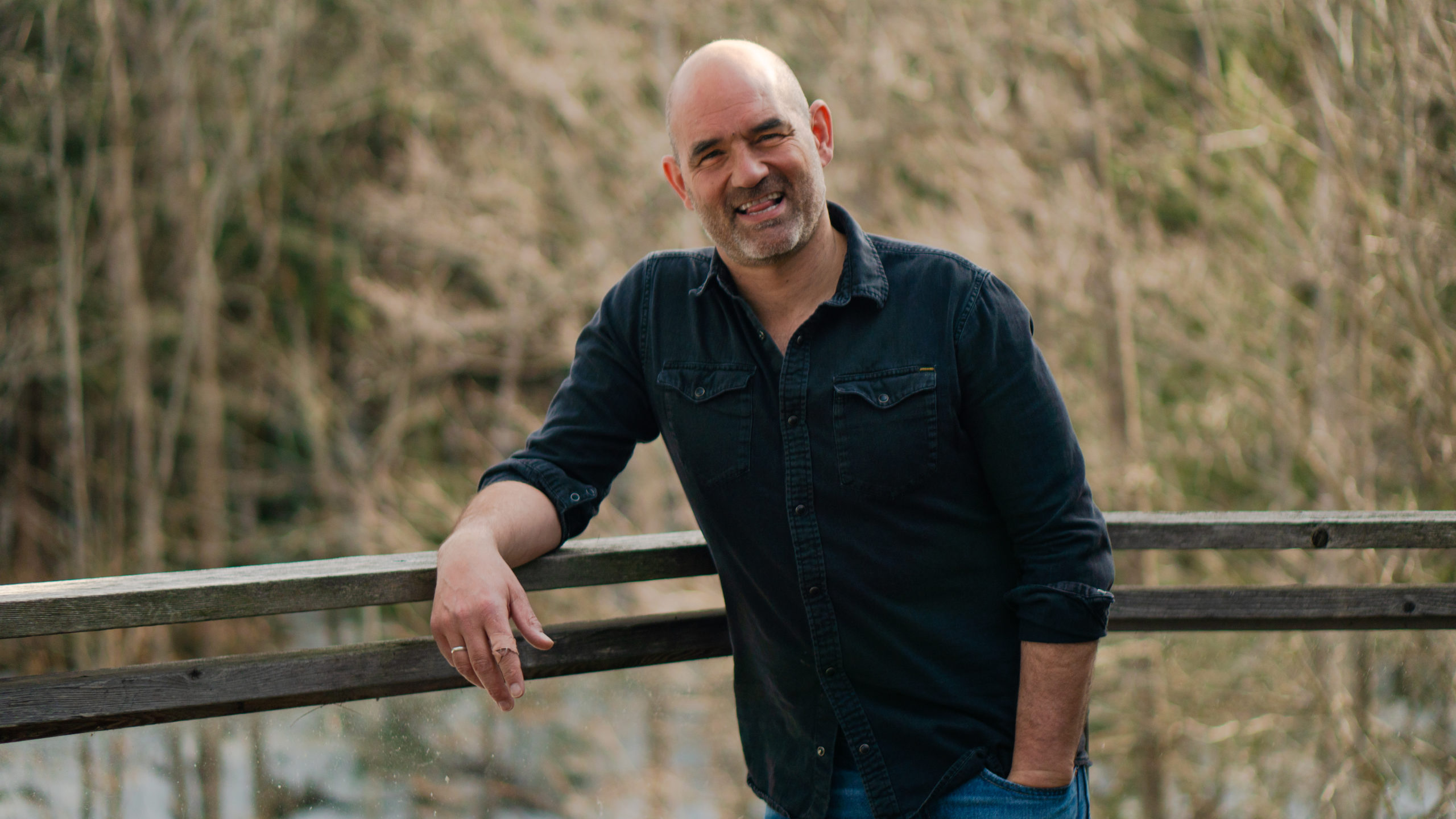Leadership coach JP Pawliw-Fry’s had an “aha” moment a few years back. He was working with two Fortune 500 executives whose relationship had become tense. One of the executives was the newly named CEO, the other was his second in command and a former candidate for that same CEO job. The frostiness between them was affecting the team and the business.
The company asked JP Pawliw-Fry to mediate. After an intense and difficult two-and-a-half-hour conversation, the executives told Pawliw-Fry that they had expressed everything they had wanted to say to each other.
“A week later, I asked each of them separately, ‘How’d it go?’ And they both said, ‘Oh, my gosh, so much better.’ I said, ‘That’s great. Did you say everything you wanted to say?’ And they both said, ‘Yeah, absolutely.’
“And I said: ‘Really?’”
Because he had been working with both executives individually JP Pawliw-Fry knew they had left out key issues that were creating the problems between them. In fact, when he pushed them in separate one-on-one conversations, they both agreed they had avoided somewhere between 5 and 10 percent of what they had wanted to say to the other.
JP Pawliw-Fry’s company subsequently studied 34,000 people and found that in difficult conversations they communicated on average only about 92 percent of what they really wanted to say. “In the moment, we think we’re having the full conversation. But, in fact, we leave out the most difficult parts,” he says.
JP Pawliw-Fry coined the term “Last 8%” to refer to these high-stakes conversations, decisions and tasks that are more challenging than what we face in a typical week or month. Because they’re hard, we tend to either avoid them or a “make a mess of them,“ he says. In a business setting, it could be things like whom to promote, or whom to let go, or which project to back, but we face all kinds of Last 8% moments in our lives.
While Last 8% situations are the trickiest to get right—they’re also the most important to get right. “Everybody struggles with 8% moments,” says Pawliw-Fry, a New York Times bestselling author who coaches everyone from top business leaders to Olympic athletes. “When you know how to handle them, transformation happens—both externally and internally.” Leaders and organizations excel, families connect on a deeper level, people feel more self-confident and centered.
But ignore these moments, and you are putting your reputation and your self-esteem at risk, he warns. The cost, personally, is increased shame, embarrassment and regret; the cost professionally is nothing less than your ability to lead and work effectively.
Science shows why these moments have such an outsized impact on everyone involved. During difficult situations our body produces more cortisol, which affects our brains. “The cortisol sears the moment into our memory,” says JP Pawliw-Fry, who is also co-founder of the Institute for Health and Human Potential in Toronto.
It’s known as the cortisol effect, and it is at play in how we remember everything from a major event like 9/11 to when a co-worker loses his cool or a loved one lies about something important. “To compound matters,” says JP Pawliw-Fry, “cortisol has a half-life of 18 minutes.” That means it takes your brain hostage for 18 minutes, at which point you look back and say to yourself: What just happened?
Ultimately, it’s our emotions that prevent us from doing what we need to do during these challenging moments. The solution, he says, is to train our brains to better manage our emotions. For the leaders that JP Pawliw-Fry works with, this becomes an opportunity not only to perform better in these differentiating moments but also to gain greater self-awareness.
“You’re able to not take things so personally. Somebody gives you a funny look in a meeting, and all of a sudden you don’t personalize it as much. You think, OK, I wonder what emotions are driving their behavior?” he says.
JP Pawliw-Fry has had 8% moments himself, including one that he says he’s still has the scars from some two decades later. It’s a story that he says he’s never told in any of his training sessions or speaking engagements. When he was first starting out, he was teaching behavioral health at a psychiatric hospital to people. He was approached by some business executives who thought his work would have utility for large organizations. They brought him in to talk about the idea, and at one point asked Pawliw-Fry if he had done any consulting for companies. Pawliw-Fry said “of course, I do it all the time.” In fact, he had only done it twice.
“So I’m in this meeting on the top floor of this big office building and sitting around this boardroom table. There’s maybe three or four people and myself, but it felt like 10 people. We’re having this great meeting for an hour. And then they’re like, ‘so who have you worked with—because we should get some testimonials from them.’ I completely blanked. I couldn’t remember even the simple names of my two clients.
“In that moment I doubted myself. I felt like I wasn’t good enough. They were real business people, and I was not. I felt like I needed to be something I wasn’t, and I panicked. I avoided telling the truth.
“The embarrassment and humiliation was seared into my brain, he says. “It was worst moment of my professional life.” It’s also what motivates him today as a leadership coach: to help others not make a mess of their Last 8% moments.
This is a Contributor Post. Opinions expressed here are opinions of the Contributor. Influencive does not endorse or review brands mentioned; does not and cannot investigate relationships with brands, products, and people mentioned and is up to the Contributor to disclose. Contributors, amongst other accounts and articles may be professional fee-based.

